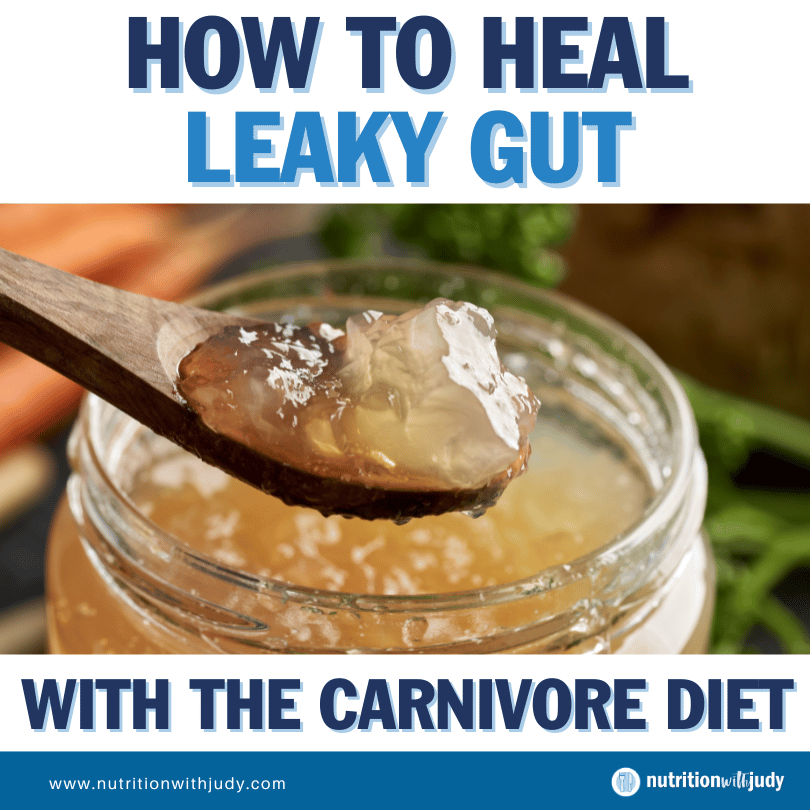

How to Heal Leaky Gut With the Carnivore Diet


You may have heard the saying that all disease begins in the gut— it is true that gut health is foundational for overall wellness and often plays a direct role in various chronic conditions. With so much of the immune system housed within the gut and the various mechanisms behind various gut axis pathways that we’ll discuss later in the article, our practice has always prioritized gut healing for true root-cause healing.
A prevalent gut condition that’s becoming more and more common in modern-day society is leaky gut syndrome. Also known as leaky gut, the condition has been somewhat controversial in standard care but with new scientific literature showcasing the validity of this condition, treating it is believed to have root-cause healing potential for several downstream effects such as autoimmunity.
Researchers now hypothesize that leaky gut is linked with various chronic conditions and subsequent health problems, making it critical to address with proper treatment protocols. An important tool we always recommend as a part of your leaky gut protocol is the carnivore diet. The carnivore diet can be really impactful for gut healing along with supporting a variety of gut conditions.
Let’s take a closer look at what causes leaky gut, how the carnivore diet can help, and other important modalities to consider.
What Is Leaky Gut Syndrome?
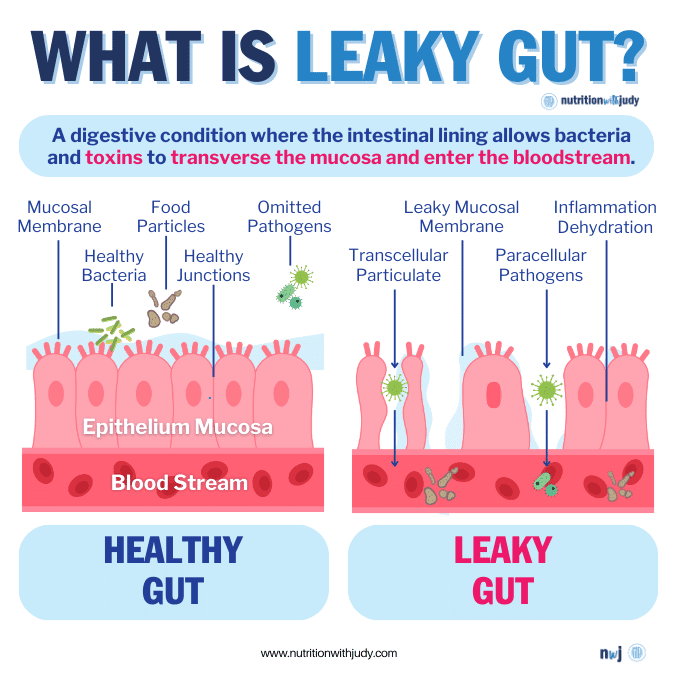

Leaky gut syndrome is a condition based on the concept that the intestine can become adversely permeable due to different factors. While the gut is considered semi-permeable, the mucous lining of the intestines is designed to absorb nutrients and water from our food directly into our bloodstream.
However, some individuals develop increased intestinal permeability, also known as hyperpermeability. More specifically, their intestine allows more than just nutrients and water from our food into the bloodstream— instead, other harmful components that are meant to be disposed of by the body also leak into the bloodstream.
One of the roles of the intestinal lining is to act as a barrier against bacteria and other infectious compounds inside the gut. This barrier is an important part of the immune system.
Studies have proven that people with certain chronic gastrointestinal (GI) diseases have leaky guts, allowing larger molecules to get to the bloodstream— particularly toxic molecules. The caveat here is that while leaky gut has been proven as a symptom of GI disease, leaky gut syndrome is the theory that intestinal permeability isn’t only a symptom but rather an underlying mechanism that develops independently.
The leaky gut syndrome hypothesis states that this mechanism of harmful bacteria and toxins getting directly into the bloodstream from the gut can trigger chronic systemic inflammation as your immune system flags these invaders as pathogens and attacks them. Symptoms and subsequent disease are the result of the body’s immune response to these invaders.
Conventional medical practitioners often do not recognize leaky gut syndrome as a distinct medical condition, primarily due to a lack of consensus on its definition and diagnostic criteria. They argue that increased intestinal permeability is typically a symptom or a consequence of other underlying conditions rather than a distinct disease itself. The divergence in views is partly due to the complexity of the gut and its interactions with the rest of the body and partly because more research is needed to fully understand the implications of increased intestinal permeability.
That said, intestinal permeability has been well-reported and acknowledged in scientific literature. GI doctors associate intestinal permeability with many health conditions, including IBD, Type 1 Diabetes, and autoimmunity.
Zonulin and Leaky Gut
Zonulin is a type of protein that’s synthesized in intestinal and liver cells that also reversibly regulates intestinal permeability. Zonulin increases with gut infections or bacterial overgrowth and is currently the only known biochemical cause of leaky gut.
When too much zonulin is produced, it causes the tight junctions between the epithelial cells to open up too much, leading to leaky gut syndrome. Epithelial cells are among the most abundant cells covering the skin, body cavities, and blood vessels and make up the intestinal epithelial barrier. Tight junctions form the continuous intercellular barrier between epithelial cells.
Zonulin levels can be tested in either the blood or stool. However, zonulin levels don’t always correlate with improvements in symptoms after someone has completed leaky gut treatment. Therefore, zonulin can be more impactful for helping without a diagnosis rather than validating results post-treatment.
What Are the Symptoms of Leaky Gut?
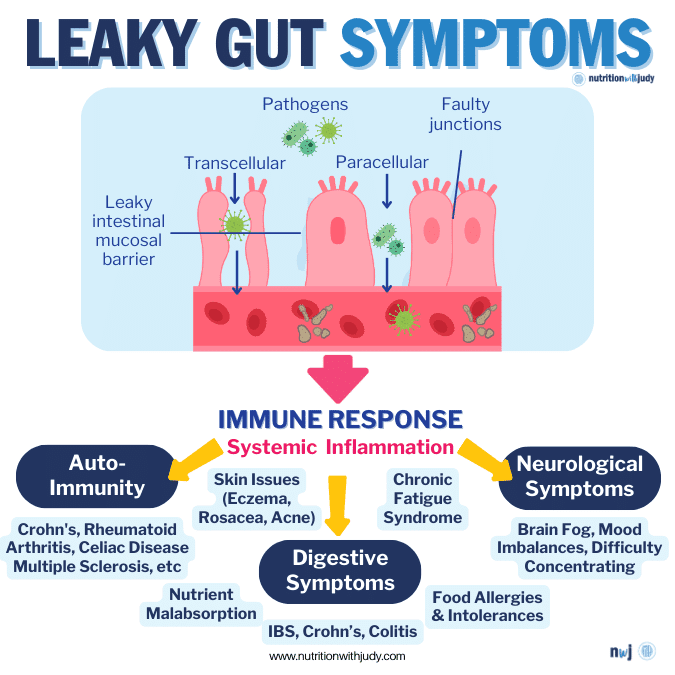

Leaky gut has been linked to various chronic health issues, conditions, as well as digestive symptoms:
Common Digestive Symptoms
- Diarrhea
- Constipation
- Bloating
- Heartburn
- Gas
- Abdominal pain
- IBS, IBD, Crohn’s, or colitis
- Food allergies, intolerances, or sensitivities
Common Neurological Symptoms
Other Common Symptoms
- Skin issues such as eczema, rosacea, or acne
- Seasonal allergies or asthma
- Hormonal imbalances such as PCOS
- Fatigue or Chronic Fatigue Syndrome (CFS)
- Joint pain and inflammation
- Arterial inflammation
- History of anemia
- Autoimmune disorders such as rheumatoid arthritis, celiac, fibromyalgia, lupus, or thyroid conditions
What Causes Leaky Gut?
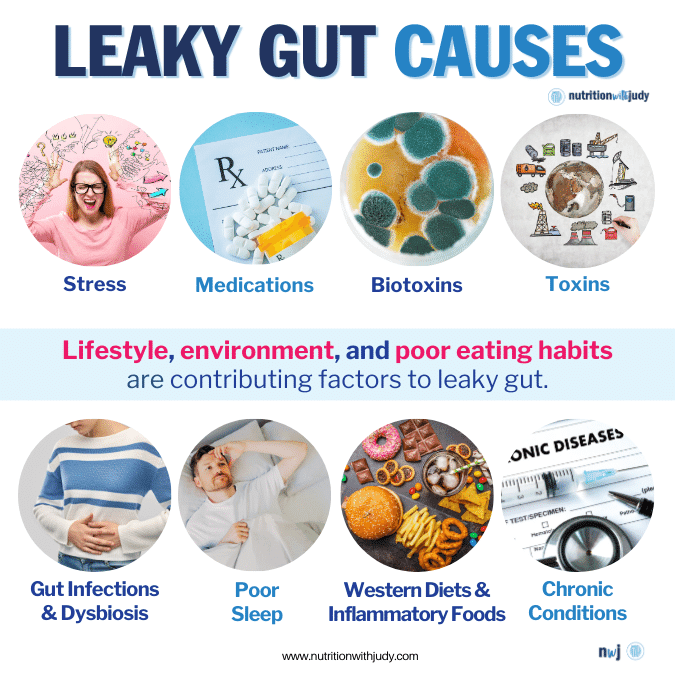

There are a variety of lifestyle factors and eating habits that can cause leaky gut to develop:
Standard American Diet (SAD) and Inflammatory Foods
A recent review reports the link between Western diets such as the SAD and leaky gut. Many common toxic foods that are found in the SAD can be a primary culprit behind leaky gut syndrome. These ingredients should be completely removed or limited in the diet:
- Alcohol
- GMO foods
- Sugar
- Caffeine
- Artificial sweeteners
- Additives, preservatives, and dyes
- High fructose corn syrup (HFCS)
- Hydrogenated or trans fats
- Seed and vegetable oils
- Processed foods
If you suspect that you have leaky gut or have any autoimmune issues, it’s best to avoid the following inflammatory foods while you heal. These foods aren’t usually the main driver of leaky gut but can exacerbate the condition in those with impacted gut health.
- Grains
- Gluten
- Legumes such as beans, lentils, and peas
- Dairy
- Nightshades such as tomato, peppers, and eggplant
With high instances of anti-nutrients such as phytic acid, oxalates, and lectins, these inflammatory components can contribute to leaky gut.
Even though dairy can be considered a nutritional powerhouse in the carnivore diet, individuals with compromised gut health often experience an inflammatory reaction. Dairy (preferably raw, unadulterated) is the only item on this list that we recommend adding back into your diet regularly once you’ve healed leaky gut and any other GI issues.
Gut Infections and Dysbiosis
Gut infections from small intestinal bacterial overgrowth (SIBO), small intestinal fungal overgrowth (SIFO), or parasites can lead to intestinal dysbiosis, causing the release of zonulin. This, in turn, reduces the protective mucous layer in either the small or large intestine.
Toxins
Environmental toxins such as mercury, pesticides, bisphenol A (BPA) from plastics, and mold can also contribute to the development of leaky gut.
Stress
As we know, stress wreaks havoc across the body including the gut. Studies also show that stress directly increases intestinal permeability. By increasing cortisol and other stress hormones, chronic stress can contribute to leaky gut. This also includes the stress from over-exercising.
Poor Sleep
Experiencing chronic poor sleep can also adversely impact your gut health and lead to leaky gut.
Medications
Antibiotics are notorious for harming gut health— since antibiotics kill off your good bacteria, this can lead to gut dysbiosis and in turn, leaky gut. Other medications such as nonsteroidal anti-inflammatory drugs (NSAIDs), steroids, birth control, proton-pump inhibitors (PPIs), chemotherapy, and other prescription drugs have also been reported to increase intestinal permeability.
Chronic Conditions
Certain chronic conditions can also lead to leaky gut. While it’s well documented that particular GI conditions can cause leaky gut, other conditions, such as Chronic Inflammatory Response Syndrome (CIRS), play a direct role as a root cause. In specific regard to CIRS, the biotoxin pathway is responsible for lowering melanocyte-stimulating hormone (MSH), a hormone that plays a role in intestinal permeability.
How Do You Test for Leaky Gut?
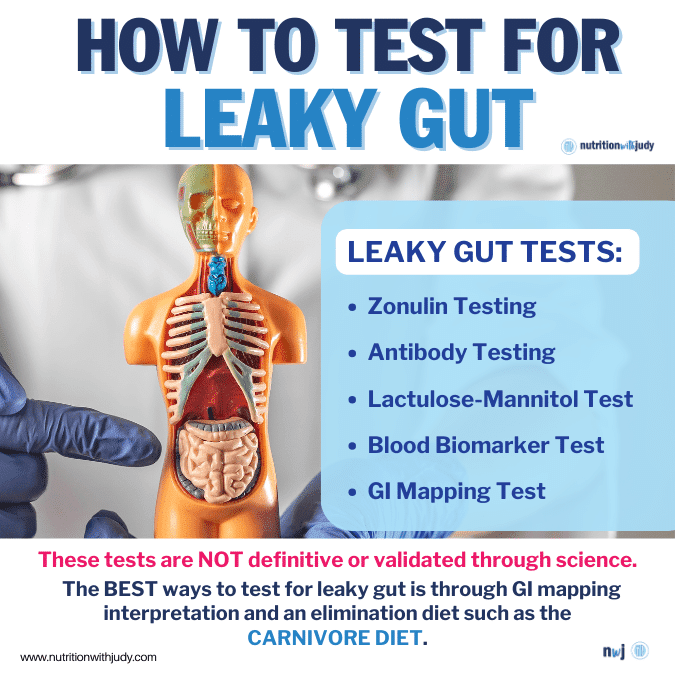

There are many different leaky gut syndrome tests available. However, it’s important to note that none of them are definitive and have their own unique pros and cons. We recommend working with your trusted healthcare provider to interpret these results along with your medical history and current symptoms.
Zonulin Testing
As mentioned above, zonulin, the family of proteins that are produced by the liver and small intestine cells, regulates the tight junctions and increases intestinal permeability when elevated. Unfortunately, when intestinal permeability develops, the body tries to compensate by increasing zonulin levels even further in order to protect the small intestine. This increase may lead to additional intestinal permeability, causing a vicious cycle of inflammation and leaky gut.
Since zonulin is the only biomarker that’s currently recognized for contributing to leaky gut, this may be a testing option to explore. However, elevated zonulin doesn’t offer a definitive leaky gut diagnosis— elevated zonulin is also linked to a number of other chronic conditions, such as obesity and other GI disorders.
Zonulin can be tested in both the stool and blood serum. Although, it’s important to note that the validity of these tests hasn’t been proven. Current research supports that the enzyme-linked immunosorbent assay (ELISA) method used for stool zonulin testing may be faulty as it detects a variety of proteins structurally similar to zonulin. This begs the question of whether only zonulin levels are being measured.
Blood serum levels of zonulin are also known to fluctuate significantly throughout the day, so one blood draw isn’t a great reflection of the overall zonulin status of the gut. Higher levels of serum zonulin have been associated with poor metabolic health as well as IBS and celiac disease, adding more variability to what these results can mean.
In conclusion, zonulin testing isn’t the most accurate indicator of a leaky gut. Multiple studies actually show with the success of various leaky gut protocols that dramatically improve symptoms, there was no change in zonulin levels.
Antibody Testing
Another option for more potential leaky gut data is testing for antibodies against the proteins and molecules involved in gut barrier integrity, such as other tight junction proteins and lipopolysaccharide (LPS). LPS is a type of bacterial toxin that can enter the bloodstream when leaky gut develops.
Antibody testing is based on the concept that immune systems create antibodies that can subsequently attack various gut barrier proteins in order to develop leaky gut. Therefore, the detection of these antibodies may show signs of this syndrome.
Leaky gut tests also lack validation as there needs to be more research conducted to ensure validity.
Lactulose-Mannitol Test
The lactulose-mannitol test (L:M), also known as the dual sugar test, begins with the ingestion of lactulose and mannitol and then measures the corresponding levels in the urine. This is meant to test the barrier function of the gut.
Lactulose is a large sugar molecule that’s normally not absorbed in the small intestine, so high amounts of lactulose in urine are believed to help indicate a leaky gut. Mannitol is a smaller molecule that’s usually absorbed in the small intestine, making it a reference molecule.
Having a higher ratio of L:M may demonstrate leaky gut. Studies on this testing method report that the L:M ratio was significantly higher in unhealthy patients, so this test may also show correlations with disease severity.
L:M testing isn’t ready for clinical use for a variety of reasons. This form of testing lacks standardization and the normal L:M ratio has yet to be established. SIBO can also affect the test results as the bacterial overgrowth may ferment the lactulose and mannitol.
Blood Biomarker Tests
Here are some other biomarkers that may be tested to help determine leaky gut:
- Melanocyte-stimulating hormone (MSH): Also known as the “master gland”, MSH is believed to play a critical role in intestinal permeability while regulating a number of hormone and anti-inflammatory functions. Having low MSH may indicate leaky gut.
- Lipopolysaccharide (LPS): This bacteria is believed to enter the bloodstream via leaky gut. It’s also associated with high zonulin levels.
- Lipopolysaccharide binding protein (LBP): It is believed to be correlated with the L:M test.
- Intestinal fatty acid binding protein (I-FABP): This measures intestinal cell turnover rates. Elevated levels may indicate intestinal cell damage and potential permeability.
- Citrulline: The non-essential amino acid may decrease with leaky gut.
- Claudin-3: Urine levels of claudin-3 may also demonstrate intestinal permeability.
Most of these biomarkers are theoretical— therefore, we don’t generally recommend testing these markers to determine leaky gut. If you happen to have had these markers drawn for other reasons, make sure to provide the data to your trusted healthcare provider to help determine if you are indeed suffering from leaky gut.
GI Mapping Test
GI mapping is a good option we often recommend for helping determine if leaky gut syndrome is a potential issue for our clients. With our Complete GI Map Stool Test, the data shows if individuals likely have leaky gut from an overall wellness test based on the various factors in their poop.
We examine the fungus, bacteria, and overall microbiome health along with any other potential gut infections such as H. pylori and Candida. Based on all the gut markers and data acquired, we can make a preliminary leaky diagnosis while incorporating an elimination diet and personalized leaky gut protocol to determine any improvements.
Elimination Diet
Since all of the above testing methods haven’t been validated in scientific literature, we believe the best way to test for leaky gut is by seeing if you have a food sensitivity along with passing the symptom and risk criteria.
The best way to determine food sensitivities is through an elimination diet such as the carnivore diet. IgG food sensitivity tests also haven’t been scientifically proven and have multiple flaws, so while somewhat tedious, the most accurate approach is an elimination diet. An elimination diet works as a short-term way of eating so you’re able to slowly reintroduce foods one at a time in order to pinpoint exactly which ones you’re reacting to.
The Leaky Gut and Autoimmune Disease Connection
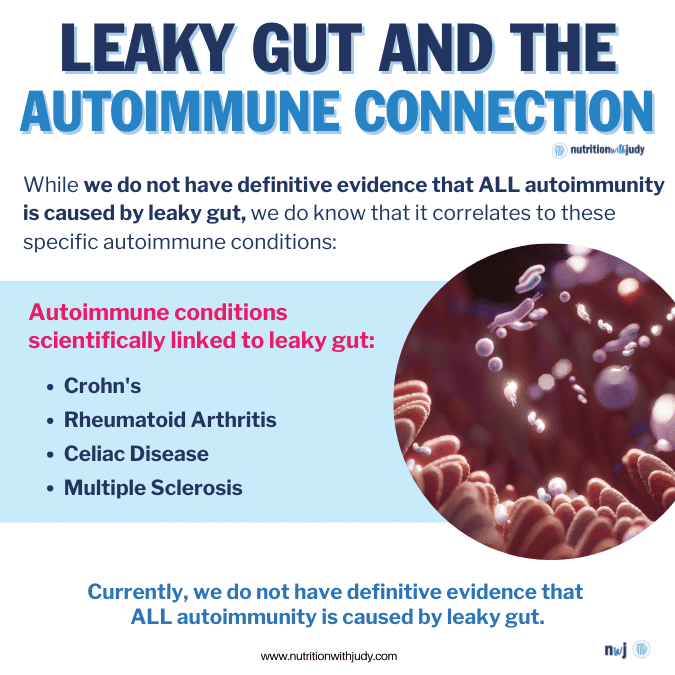

Functional and alternative medicine spaces have theorized that leaky gut is a contributor to autoimmune disease. While there is some scientific evidence that supports the link between leaky gut and certain autoimmune diseases, we currently don’t have any definitive evidence that all autoimmunity is caused by leaky gut.
There are certainly other complex factors that contribute to developing autoimmunity— you can learn more about autoimmune conditions here.
In terms of scientific literature, there are studies that have linked leaky gut with Crohn’s, rheumatoid arthritis, celiac disease, and multiple sclerosis.
Deciding If You Should Start a Leaky Gut Protocol
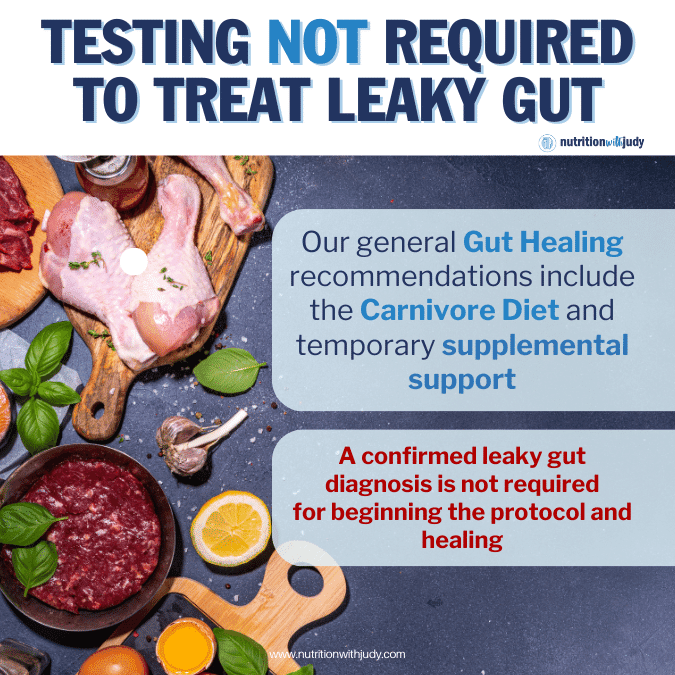

If you review the risk factors and the various multi-system symptoms that can result from leaky gut, individuals especially from Western countries like the US are often good candidates. Especially if you’re experiencing any of the symptoms, going on an elimination diet and incorporating a leaky gut healing protocol can be a great avenue to explore despite testing limitations. Research supports that an elimination diet combined with probiotics can drastically improve leaky gut symptoms.
A low fermentable oligosaccharides, disaccharides, monosaccharides, and polyols (FODMAP) diet is often recommended for gut conditions such as leaky gut and SIBO in standard care. However, it doesn’t account for the various plant anti-nutrients, glyphosate/pesticide exposure, and toxic compounds such as aflatoxins individuals are exposed to from the inclusion of certain grains, vegetables, and fruits.
The Carnivore Diet for Leaky Gut
All elimination diets provide some relief since they eliminate important culprits such as processed foods, refined foods, and particularly inflammatory seed and vegetable oils. However, when you have gut dysbiosis, an imbalance of excess bad gut bugs, food sensitivities don’t disappear by merely removing the guilty food groups. The most significant pitfall of all elimination diets is that they focus on which foods to remove and retain depending on the person’s sensitivities, but these diets rarely prioritize essential nutrients.
Several elimination diets show that it’s possible to use them to start healing and attaining optimal health. However, it’s clear that no single diet or protocol works for everyone. Most of the popular elimination diets, such as the autoimmune paleo diet (AIP), FODMAP, GAPS, Whole30, and low histamine diet, are great ways to find the foods you should eat to minimize symptoms.
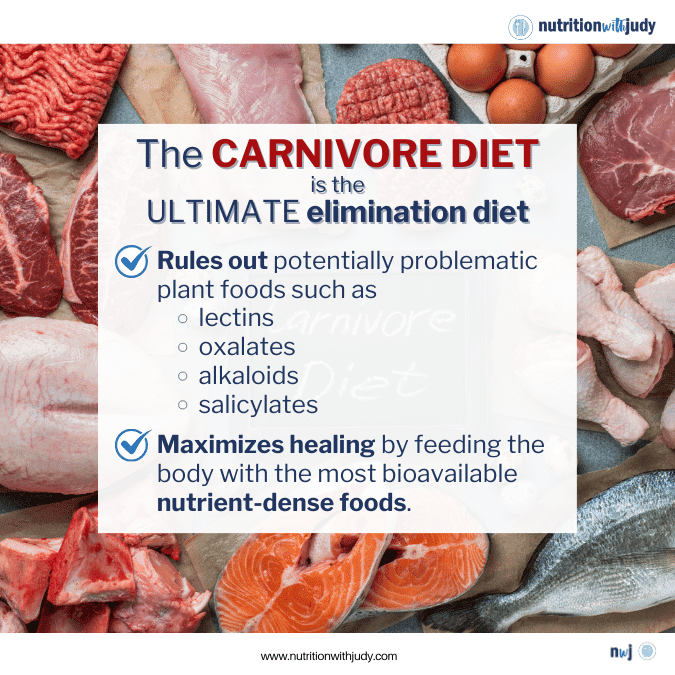

But all these protocols have one thing in common: they include some variety of fruits and vegetables. What if one of the real culprits is plant-based foods? That’s why a carnivore diet elimination approach begins with only the most fundamental foods and is more restrictive to rule out potentially problematic plant foods. A carnivore diet also helps maximize healing by providing the body with the most bioavailable nutrient-dense foods.
For this very reason, the carnivore diet acts as the ultimate elimination diet and gut healing tool alongside a leaky gut protocol for those looking for relief and root-cause healing of this syndrome.
The Benefits of the Carnivore Diet for Leaky Gut
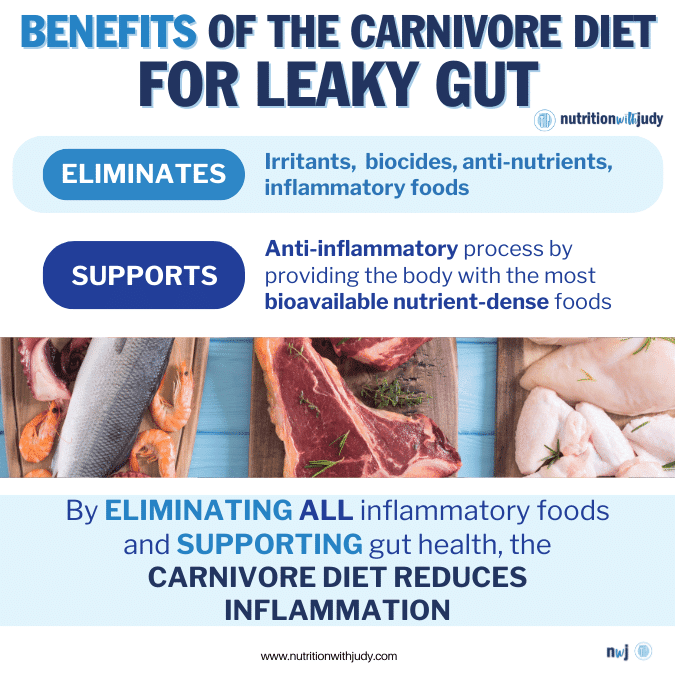

The carnivore diet offers numerous benefits for helping heal leaky gut, especially when combined with a comprehensive leaky gut protocol.
Reduce Inflammation
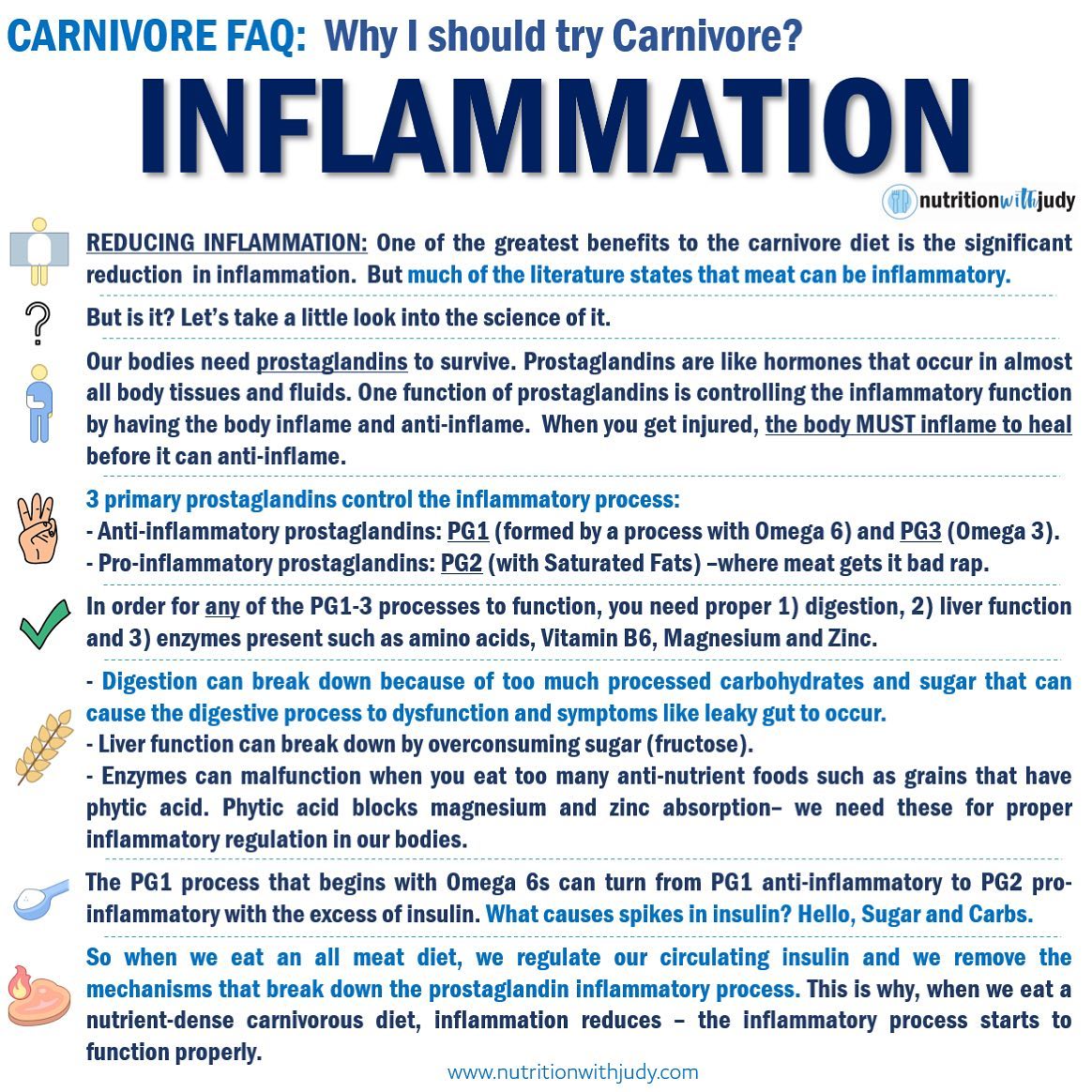

The longer leaky gut continues, the more likely it is to contribute to the inflammatory cycle, causing that viscous inflammation and leaky gut cycle as the entire body is impacted and intestinal permeability worsens.
Since the carnivore diet is celebrated as the most anti-inflammatory diet available, it helps dampen this response to minimize the inflammatory leaky gut cycle. Despite much of the literature stating that meat can be inflammatory, let’s take a look at the science.
Our bodies need prostaglandins to survive. Prostaglandins are like hormones that occur in almost all body tissue and fluids. One function of prostaglandins is controlling the inflammatory function by having the body inflame and anti-inflame.
When you get injured, the body must inflame in order to heal before it can anti-inflame. There are three primary prostaglandins that control the inflammatory process: PG1 (formed with omega-6), PG3 (formed by omega-3), and PG2 (formed with saturated fat). In order for any of the PG1-3 processes to function, you need proper digestion, liver function, and enzymes present.
Inflammatory foods, processed carbs, excessive sugars, and plant anti-nutrients can all impact these important functions needed to control the inflammatory process. Eating a carnivore diet allows us to regulate our circulating insulin and remove the mechanisms that can break down the prostaglandin inflammatory process. That’s why removing specific foods and supporting the inflammatory process with proper nutrients helps minimize gut inflammation.
Eliminate Gut Irritants
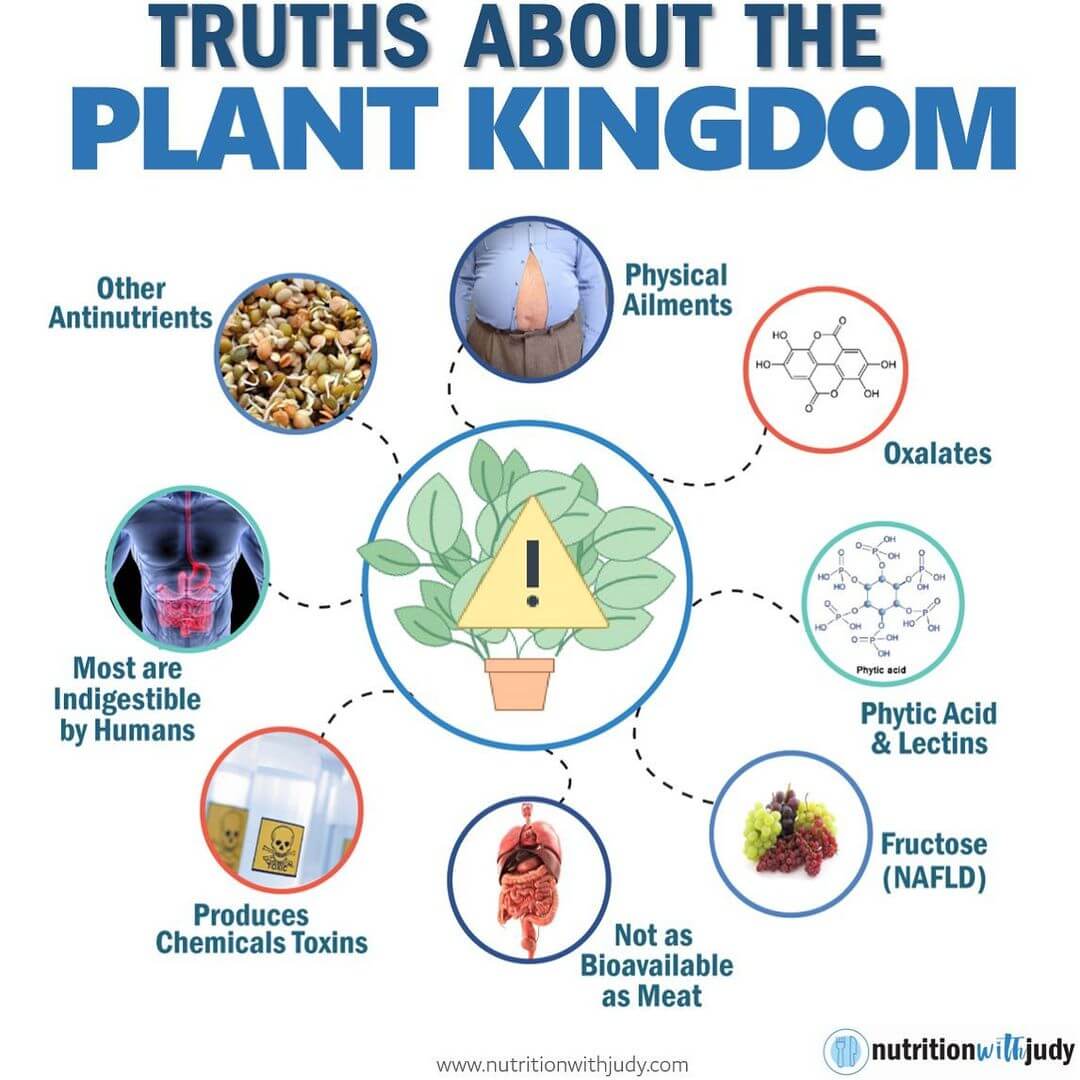

The carnivore diet removes most of the toxins from processed foods, such as excess sugars, inflammatory seed oils, and lab-created ingredients, including artificial dyes, preservatives, fillers, MSG, and more.
It also eliminates foods from the plant kingdom that contain anti-nutrients, glyphosate, mycotoxins, and other components that certain individuals can be reacting to. A healthy gut is required to break down plant-based foods, so eliminating the plant-based kingdom helps reduce additional challenges while healing. Fiber has been shown to cause symptoms in patients with IBS and can add unnecessary roughage difficult for an impacted gut to process.
If you’re concerned about eliminating fiber from your diet, we’ve debunked those concerns here.
Nutritional Healing
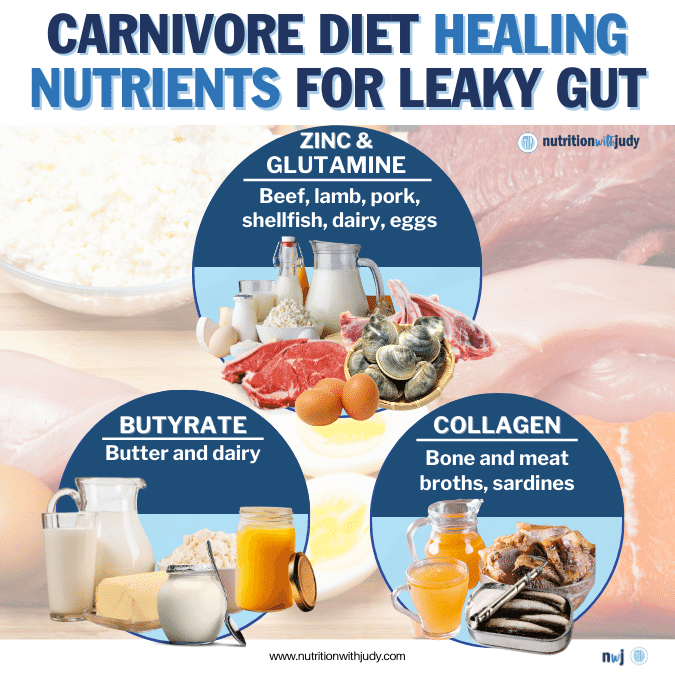

Intestinal permeability means poor digestion and, ultimately, nutrient deficiencies. Nutrient deficiencies are further exacerbated by poor diet, leading to a vicious cycle of further and further gut damage.
All of your cells are starving for proper nutrients and an inflamed gut makes it even more difficult for them to get the nutrients required. A carnivore diet employs the most bioavailable, nutrient-dense foods without any additional gut irritants.
Many essential nutrients and amino acids also play an important role in gut health:
- Glutamine: Found in beef and eggs, helps regulate tight junctions and prevents intestinal permeability to toxins.
- Collagen: Collagen from bone broth and other animal foods also contain amino acids that help mend damaged intestinal lining.
- Zinc: Abundantly found in red meats, has also been shown to improve intestinal permeability.
- Butyrate: Dietary butyrate from dairy is believed to stimulate mucus production and improve tight junctions.
A carnivore diet helps heal leaky gut by limiting and eliminating potential toxins while providing essential nutrients for gut healing.
Leaky Gut Supplement Recommendations
While the carnivore diet can be powerful for healing leaky gut, it’s even more powerful when paired with temporary supports that aid in repairing intestinal permeability. In our practice, we always create personalized leaky gut protocols for our clients. Without working directly with you, here are some of our recommendations.
Leaky Gut Digestive Supports
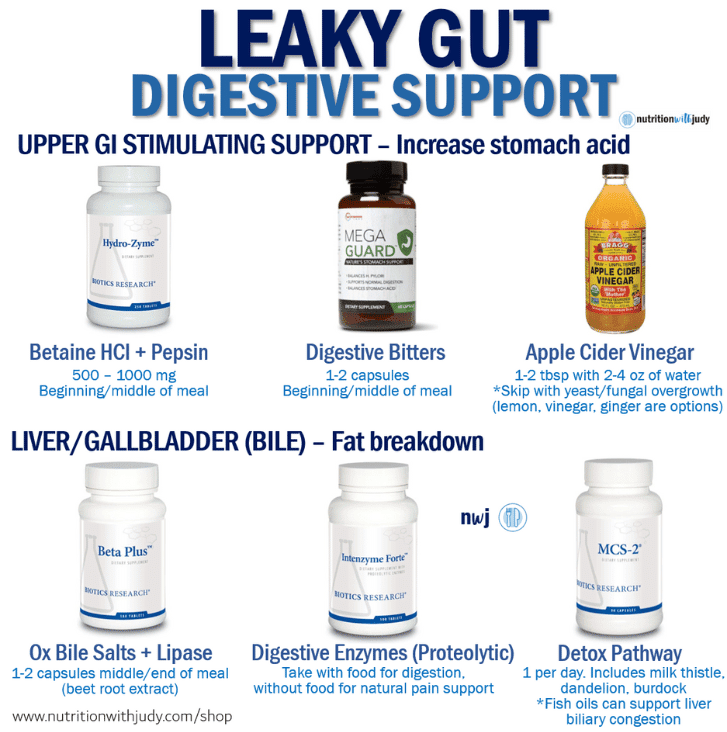

Hydrochloric Acid (HCl)
HCl is often recommended for many gut healing protocols as low stomach acid is a common, underestimated issue many individuals struggle with. HCl is also helpful for preventing further leaky gut as it helps with proper digestion so you’re able to better break down your food and absorb more nutrients. Biotics Research Hydro-Zyme and Betaine Plus HP are good options to explore.
Who Should Avoid HCl: Individuals taking non-steroidal anti-inflammatory drugs (NSAIDs) need to avoid HCl as it can cause damage to the intestinal lining. If you have an H. pylori infection, it’s also best to avoid HCl or take the lowest dose possible. Taking one Hydro-Zyme may help you see how you tolerate HCl.
Bile Support
Bile support supplements aid in the digestion of fats which is also fundamental for absorbing fats needed for healthy cell function. While the carnivore diet is naturally high in nutrients that help your body make bile such as taurine, glycine, and vitamin B6, additional supplementation may be needed while you heal. Beta Plus contains ox bile for additional bile support. Our Gut Healing Kit includes a combination of four therapeutic nutritional supplements and our exclusive Bone Broth Guide. With HCl and digestive enzymes, bile support, practitioner-grade probiotics, and immunoglobulins, this is a great option for supporting leaky gut.
Who Should Avoid Bile Support: Certain individuals may not tolerate bile support supplements— if you don’t feel well after taking some of these supplements, there are other fat support options available such as lipase.
Digestive Enzymes
Digestive enzymes can be a helpful option for helping ensure proper digestion. When food is better digested, it doesn’t trigger an inflammatory response and won’t require fermentation by bacteria. This helps support a healthy intestinal lining. Pancreatic enzymes can be particularly helpful as stress can decrease the production of pancreatic enzymes. Bio-6-Plus is a pancreatic enzyme digestive support we’ve found helpful in our practice. Intenzyme Forte is another digestive enzyme support that includes proteolytic enzymes known for their anti-inflammatory properties. Another option to explore is MegaGuard, which offers digestive support and can help balance H. pylori.
Who Should Avoid Digestive Enzymes: Individuals with histamine intolerance may not tolerate certain proteolytic enzymes found in Interzyme Forte. If you have histamine issues, you may have to find different digestive enzyme alternatives.
Leaky Gut Probiotics
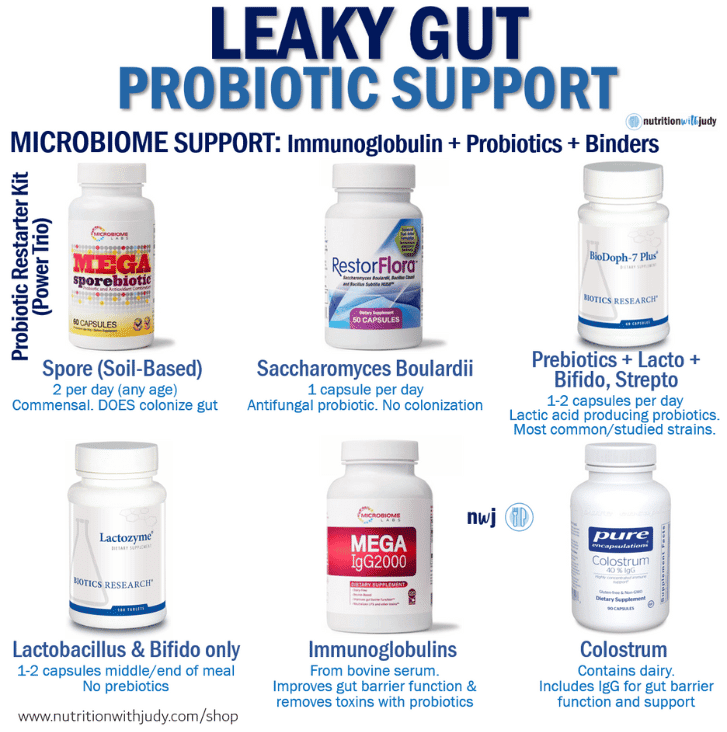

Scientific literature supports the efficacy of probiotics for improving leaky gut and inflammation. Certain probiotic strains, such as Lactobacillus rhamnosus, have been well-studied for many GI disorders and are believed to help reinforce and protect the gut barrier. Microbiome MegaSporeBiotic is a soil-based probiotic that’s been clinically proven to repair leaky gut. Restorflora contains a probiotic yeast called Saccharomyces boulardii which has also been shown as effective for intestinal permeability. Our Probiotic Restart Kit includes a combination of four therapeutic nutritional probiotics and immunoglobulins and is often recommended for leaky gut and additional gut healing.
Who Should Avoid Probiotics: Individuals with SIBO may struggle with certain probiotics but soil-based options like MegaSporeBiotic are generally well tolerated. Those with histamine issues may also react to probiotics, requiring low-histamine alternatives. MegaSporeBiotic isn’t considered low histamine but is tolerated by some with histamine intolerance. Certain individuals, especially those with mold illness, can develop allergies to Saccharomyces boulardii and will need to avoid this beneficial yeast. Our Probiotic Restart Kit includes BioDoph-7 Plus which contains prebiotics and fermented ingredients— individuals with SIBO usually don’t tolerate prebiotic ingredients and those with histamine issues may react to the fermentation.
Leaky Gut Healing Supports
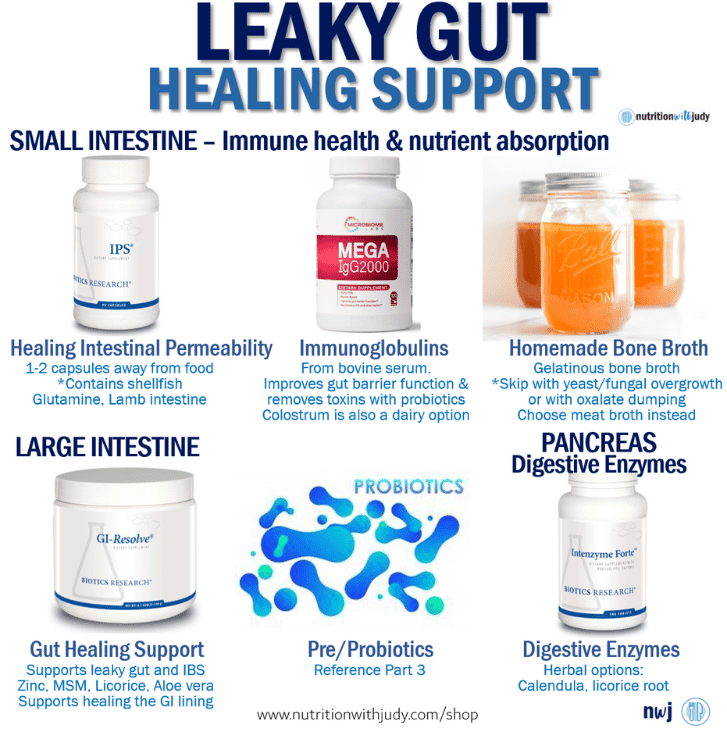
Glutamine
As mentioned above, glutamine is an important amino acid for leaky gut. Supplementing with glutamine in tandem with a carnivore diet temporarily is another potential option to implement into your protocol. GI Resolve includes l-glutamine and other well-known ingredients for helping heal leaky gut.
Who Should Avoid Glutamine: If you suffer from histamine intolerance, be wary of glutamine— it can sometimes be helpful for individuals with histamine or mast cell activation syndrome (MCAS) but sometimes it can cause a histamine flare. Certain individuals with histamine issues have excess histamine, causing this adverse reaction. Genetics, brain injuries, and chronic conditions such as CIRS that cause brain inflammation can lead to excess glutamine.
Methylsulfonylmethane (MSM)
MSM is a type of sulfur molecule that is believed to help create tight junctions between intestinal cells. It also has anti-inflammatory properties. This ingredient is also in GI Resolve.
Who Should Avoid MSM: MSM is a sulfur-containing compound. If you have sulfur sensitivities, sulfur metabolism issues, or hydrogen sulfide SIBO, you’ll need to avoid MSM temporarily until these conditions have been addressed.
Zinc Carnosine
This form of zinc refers to the chelation or combination of zinc and carnosine, and is believed to enhance the absorption of zinc due to its solubility and ability to deliver zinc to tissues in a delayed manner. Studies also support its efficacy in helping improve intestinal permeability. This ingredient is also available in GI Resolve.
Who Should Avoid Zinc Carnosine: If you have elevated levels of zinc, you should avoid supplementing with additional zinc.
Quercetin
Quercetin is an herbal antioxidant that’s been shown to offer potent anti-inflammatory effects as well as help promote tight gut junctions. It’s a versatile supplement that’s used as a natural anti-histamine, for supporting long COVID, and also leaky gut. Quercetin or Quercetin + Nettles are two options to explore— the formula that includes nettle extract for additional histamine support.
Who Should Avoid Quercetin: Quercetin is generally well-tolerated. If you happen to feel worse after taking it, don’t force it. For individuals who are really sensitive to supplements, you may need to find a single-ingredient quercetin such as Pure Encapsulations Quercetin.
Colostrum
Colostrum is a nutrient-rich milk that’s produced from either cows or goats. It is believed to help improve gut permeability and is being researched as a therapeutic for other GI conditions. Douglas Laboratories Colostrum and Pure Encapsulations Colostrum are colostrum supplements we typically recommend.
Who Should Avoid Colostrum: If you don’t tolerate dairy, or more specifically casein, speak with your practitioner to find an alternative. Microbiome Labs MegaIgG2000 is a dairy-free immunoglobulin concentrate we often recommend for those who don’t tolerate colostrum. MegaIgG2000 helps reduce inflammation and intestinal damage while supporting a healthy mucosal immune system.
Additional Leaky Gut Supports
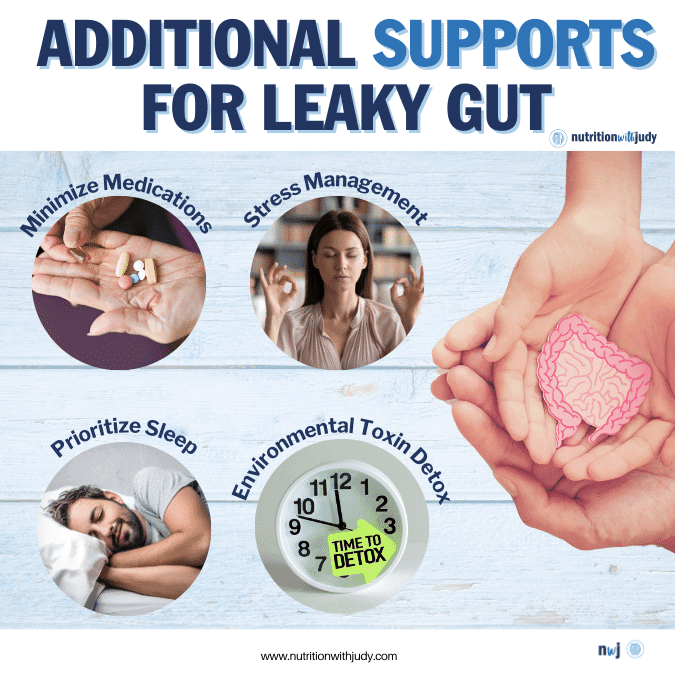

In addition to the carnivore diet and a personalized leaky gut supplement protocol, here are some additional strategies for helping heal intestinal permeability.
Stress Management
Since stress directly impacts intestinal permeability, it is crucial to find effective, sustainable stress management techniques. Whether that’s meditation, exercise, laughing with loved ones, or enjoying some hobbies, make sure you’re making stress management a priority. Your gut and overall health will thank you.
Pro-Tip: Join our exclusive Mind-Body Program for the stress management and limbic retraining techniques you need for optimal wellness.
Prioritize Sleep
Having a couple of nights of poor sleep shouldn’t have an impact on your intestinal permeability, although it can with your gut microbiota. However, experiencing long-term insomnia and other sleep disturbances has been shown to increase the permeability of epithelial barriers.
Sleep is critical for so many functions in the body including the gut. Utilize biohacks such as blue-light-blocking glasses, keeping your sleep environment between 60-65 degrees, using blackout curtains, sleep supplements, and so on while you address any root-cause sleep issues in order to support better sleep.
Minimize Medications
As mentioned above, there are many medications that can trigger leaky gut. It’s always best to minimize medications as much as possible, including over-the-counter options such as NSAIDs and PPIs. One of the benefits of the carnivore diet is that many people report that they’re able to reduce their prescription medications, including diabetes medications.
Environmental Toxin Detox
Since environmental toxins such as BPA and phthalates are also at play in leaky gut development, try limiting plastics and opt for glass, stainless steel, and food-grade silicone when possible.
Mold has been linked to leaky gut in all individuals, not just those with CIRS— making sure you have safe levels in your environment will help support gut issues as well as overall health.
Closing Thoughts On Leaky Gut and the Carnivore Diet
The carnivore diet can play a powerful role in healing leaky gut. While some people may be able to heal leaky gut with the carnivore diet alone, we’ve seen the most efficacy when combining the carnivore diet with a comprehensive, personalized protocol and additional lifestyle supports, such as prioritizing sleep and reducing stressors.
Individuals with histamine intolerance, MCAS, sulfur sensitivities, and/or SIBO often need to address those issues first before they’re able to tolerate many of the supplements needed for leaky gut. Always work with your trusted healthcare provider to find the right order of action for root-cause healing for each of these comorbidities and co-infections.
If you’ve been on a carnivore diet for six months and are still experiencing leaky gut symptoms, it’s time to look for deeper root causes such as environmental illness (CIRS), Lyme, and autonomic nervous system imbalances (childhood trauma).
Work With Our Trusted Carnivore Diet Functional Nutritional Therapy Practitioners
The Nutrition with Judy practice is honored to be a trusted carnivore diet practitioner support serving clients from around the globe. We’re passionate about helping our clients achieve root-cause healing in order to lead the best quality of life possible that’s nearly symptom-free. Our team is dedicated to educating our community about the incredible benefits of the carnivore diet. We welcome you to explore our free resources and are always available to support you through personalized protocols. Our Symptom Burden Assessment (SBA) is the perfect starting point for discovering your root cause and is required to work with our team— you can learn more in-depth about this powerful tool here.
Start your root-cause healing journey today and contact us any time with any questions or concerns.
DISCLAIMER: This content is for educational purposes only. While we are board-certified in holistic nutrition and are nutritional therapy practitioners, we are not providing medical advice. Whenever you start a new diet or protocol, always consult with your trusted practitioner first.


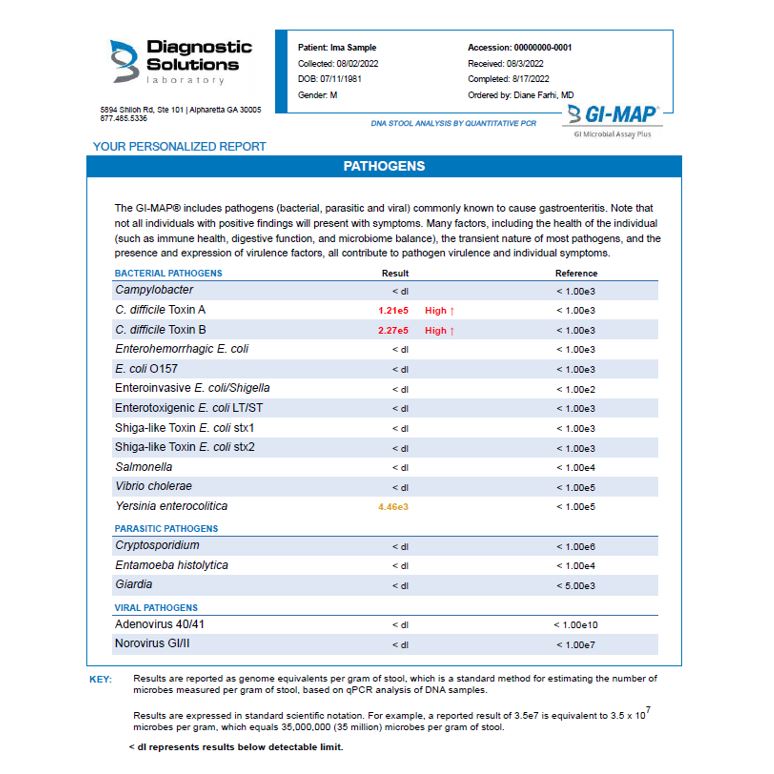
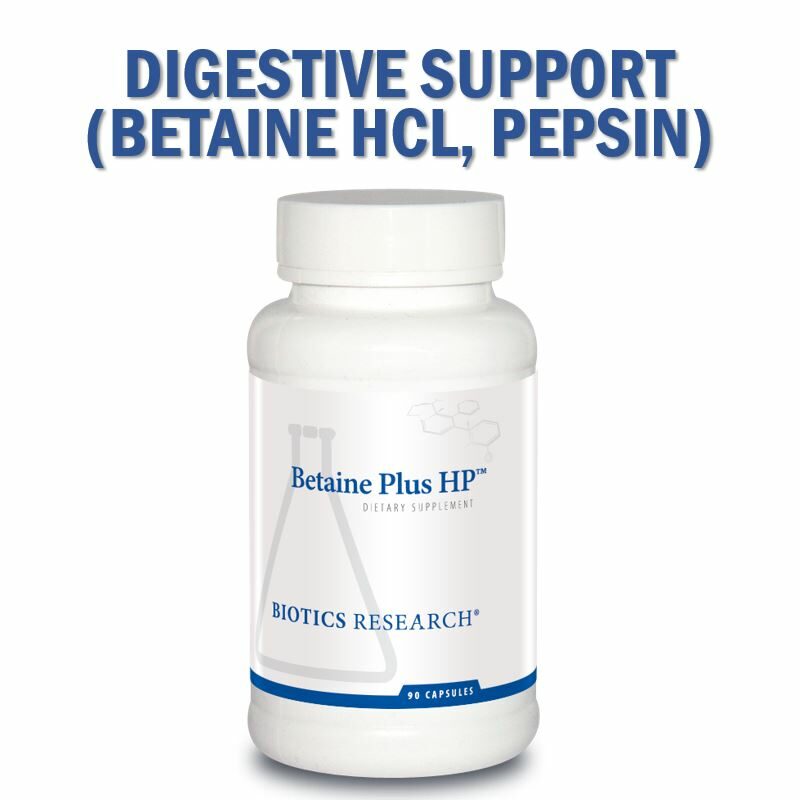
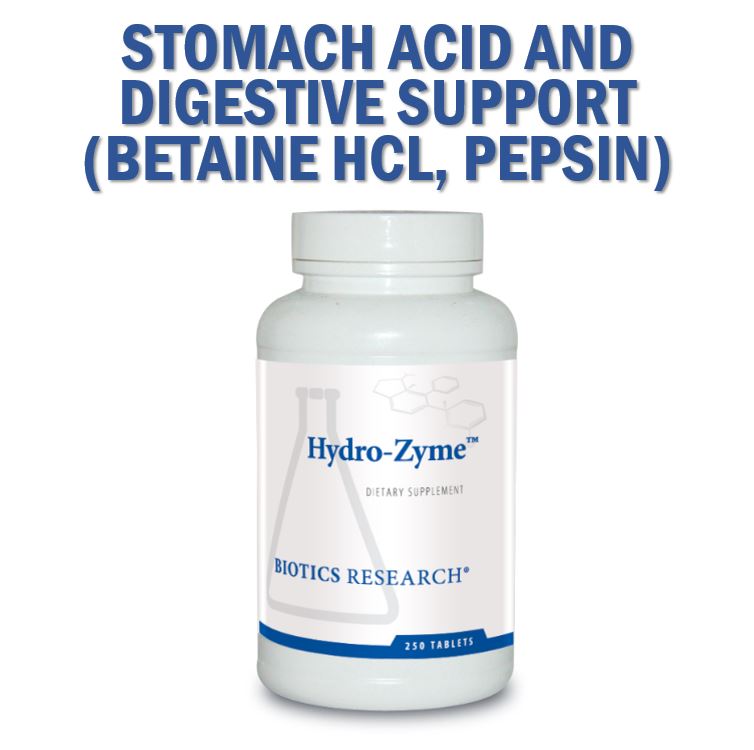
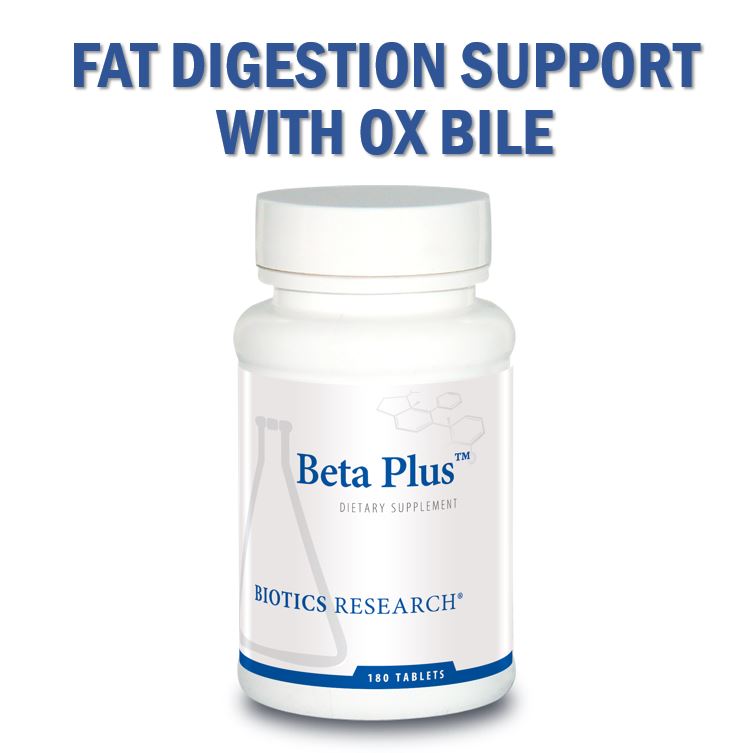

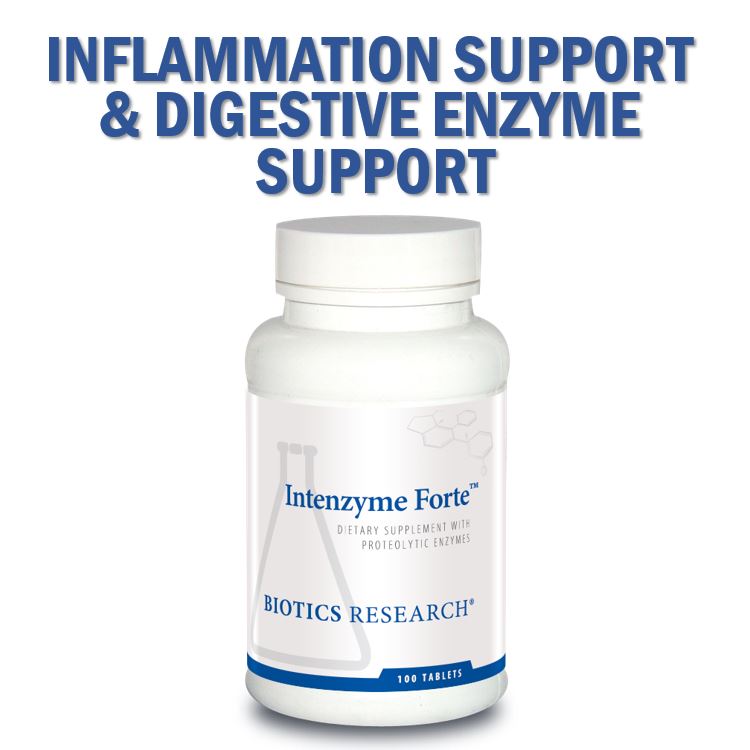
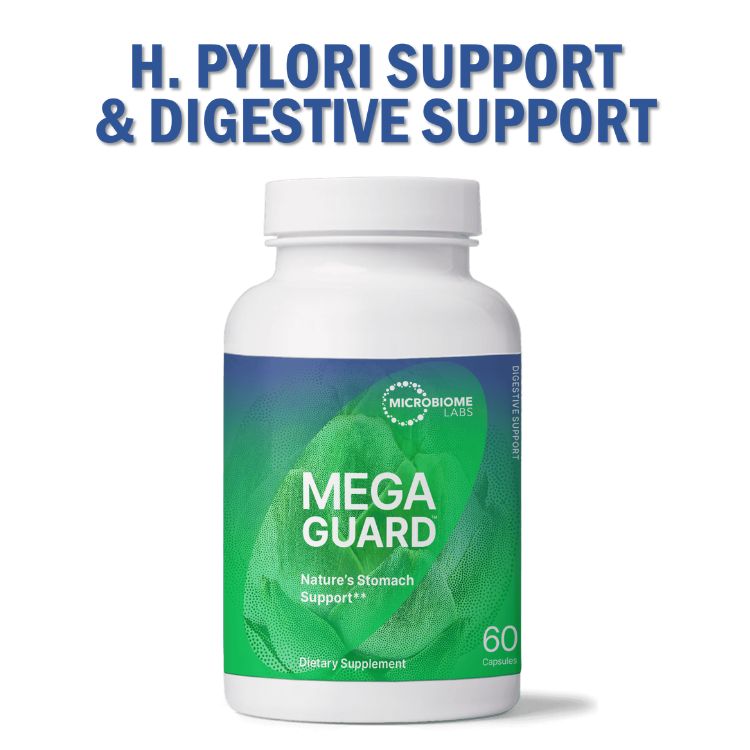
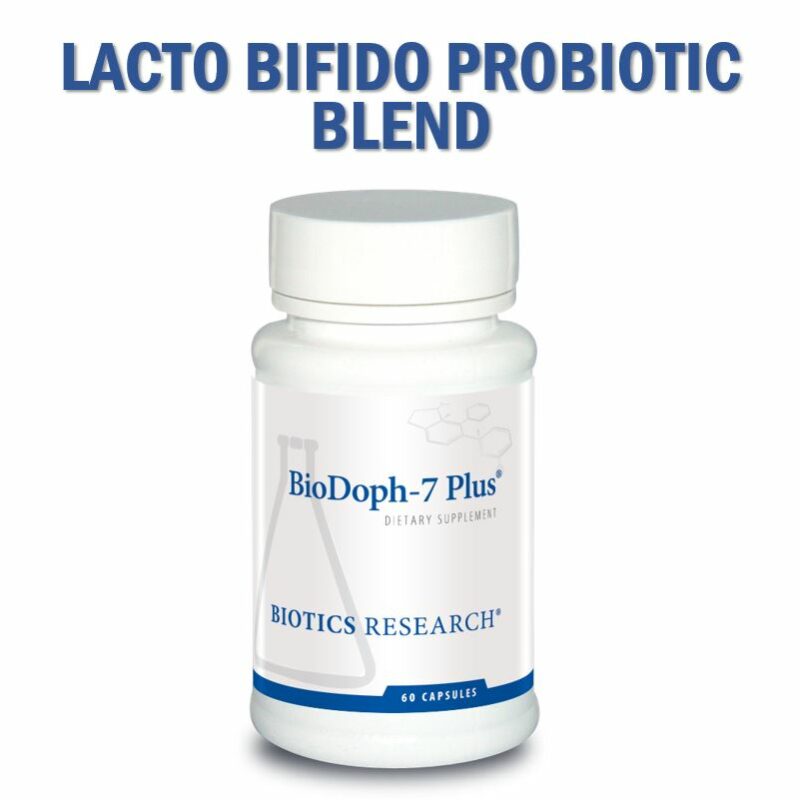
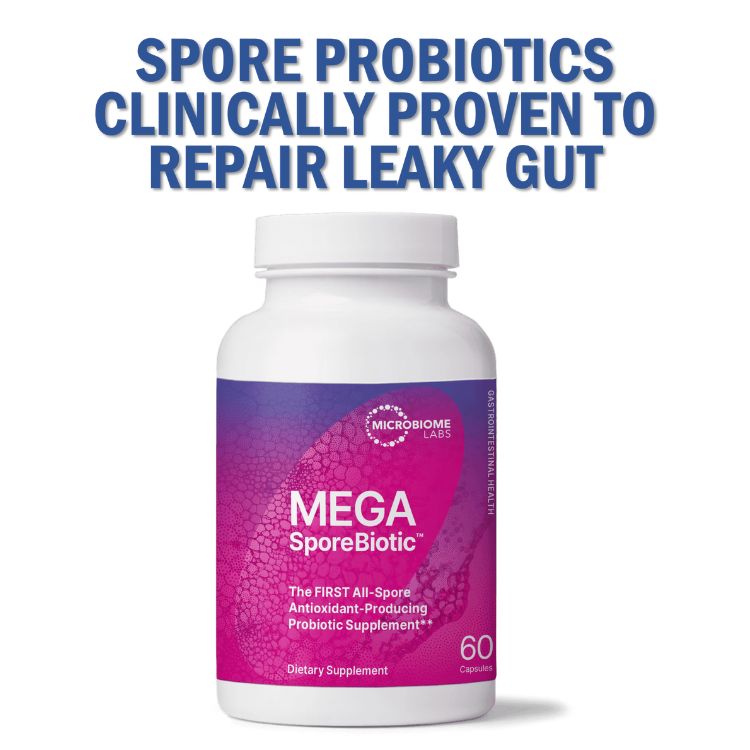
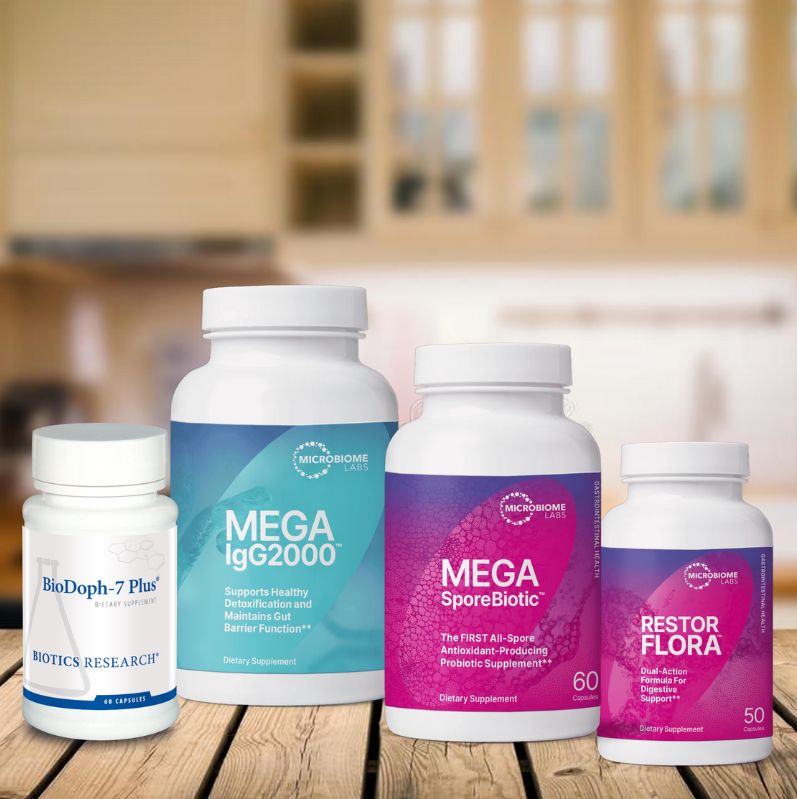
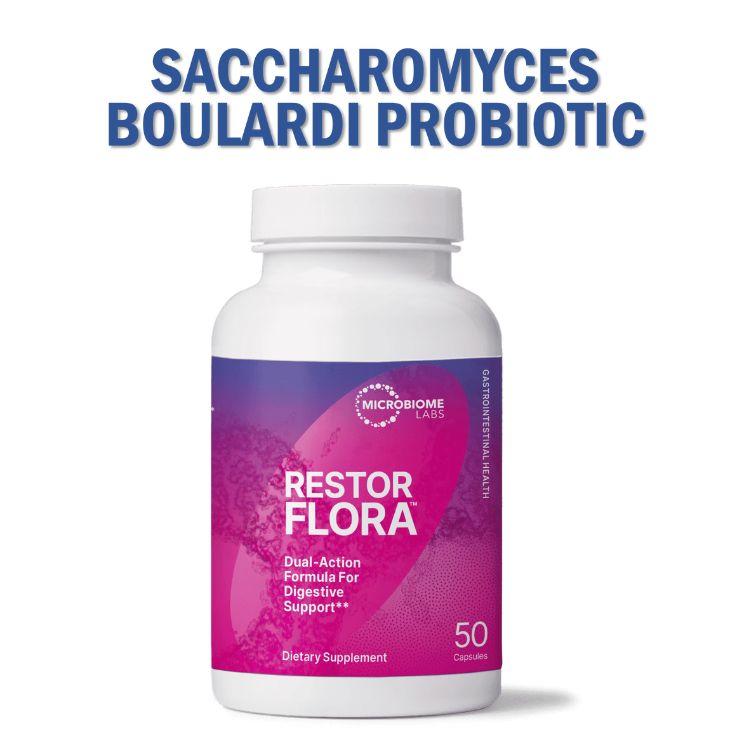
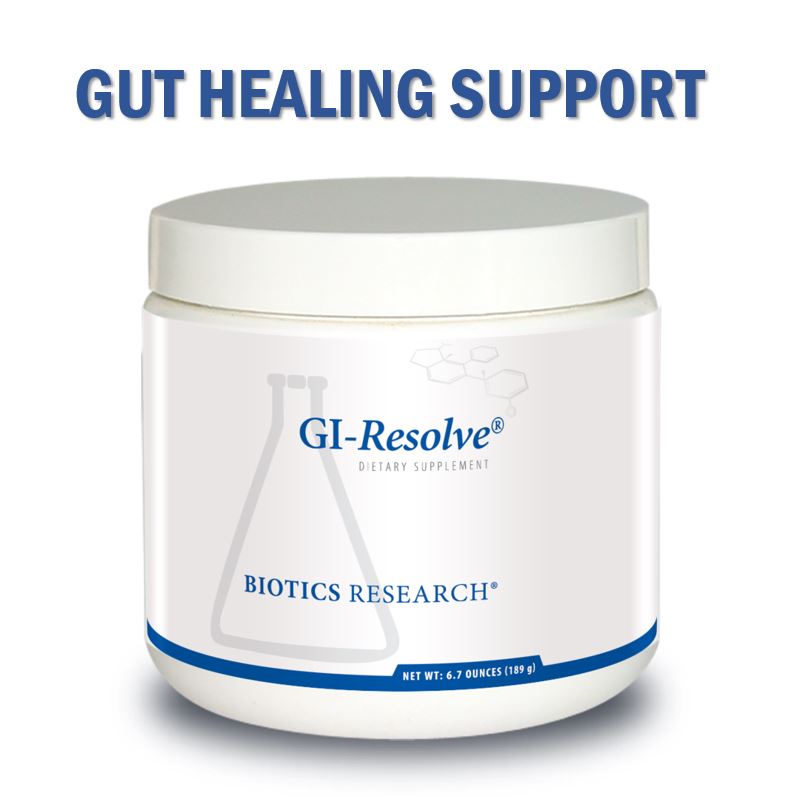
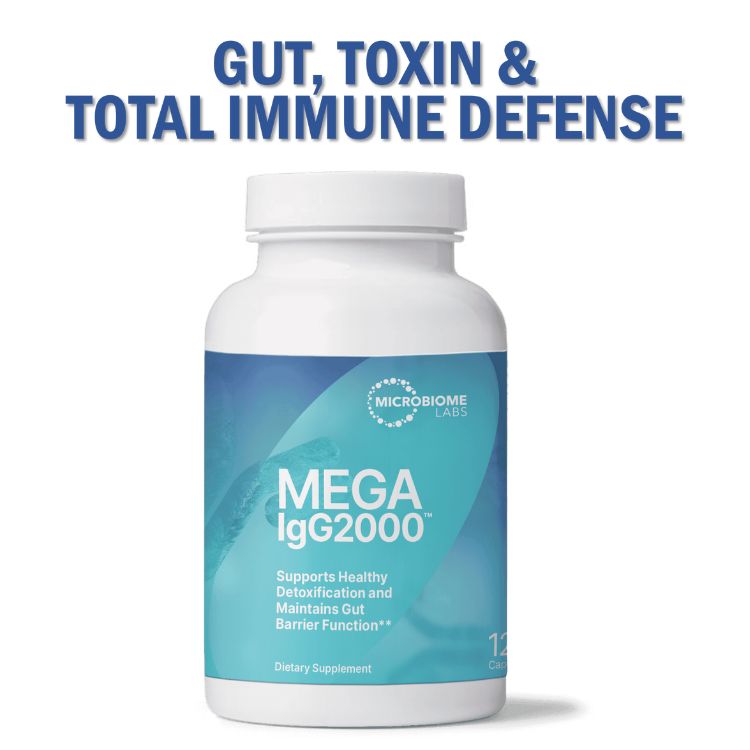


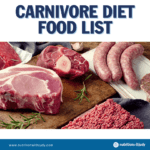

Patricia Champion
February 10, 2024 at 8:28 pmAbsolutely excellent information and very well written! I have been keto and then carnivore and now I’m mostly carnivore with just a touch of keto in terms of adding my own homemade avocado mayo and MCT supplements occasionally. But with that said after a year of off and on loose stools and diarrhea while adjusting to carnivore I am now experiencing fairly regular constipation. I realize constipation is one of the issues with leaky gut but I don’t think I have leaky gut. Sure would like to know if the constipation is my new normal.